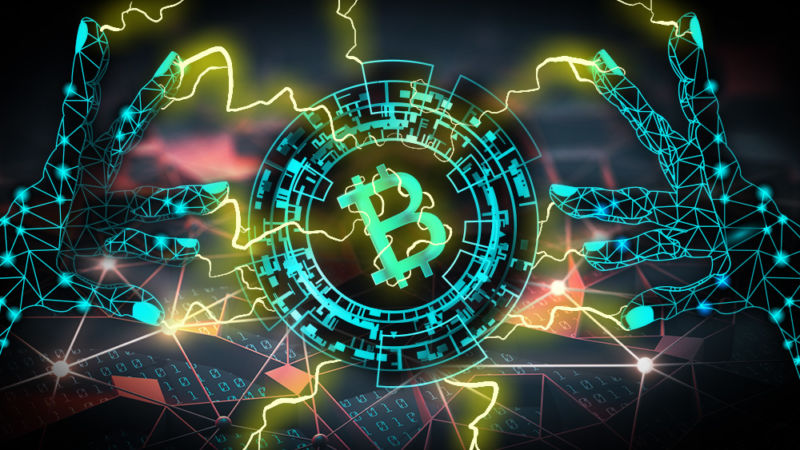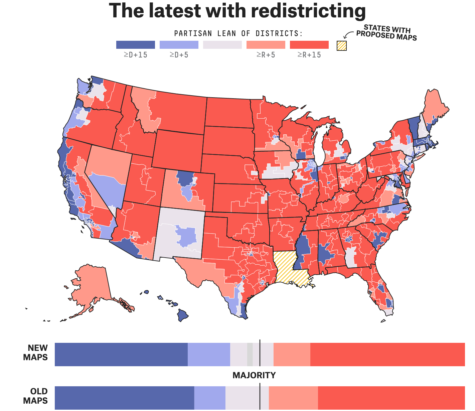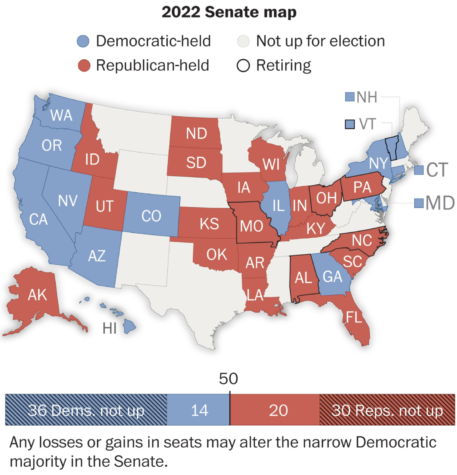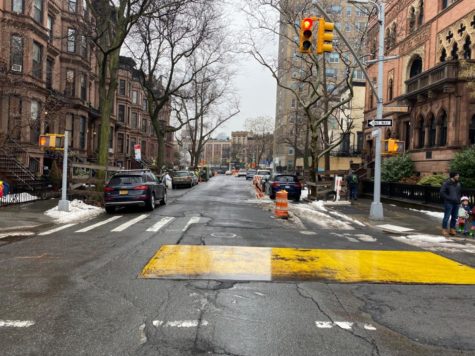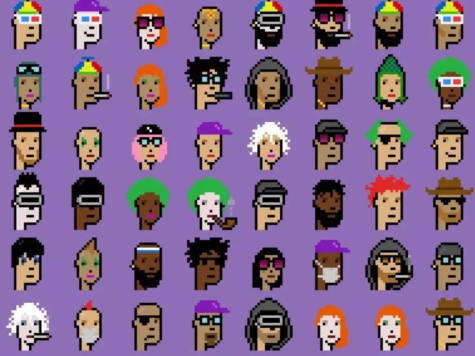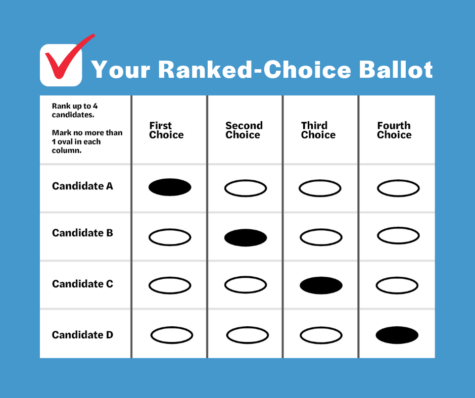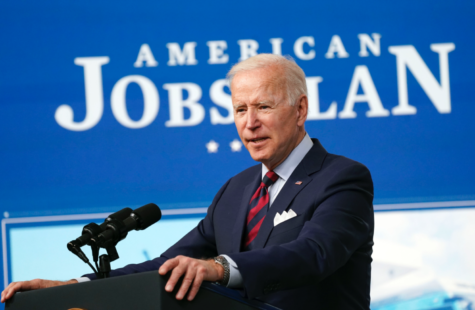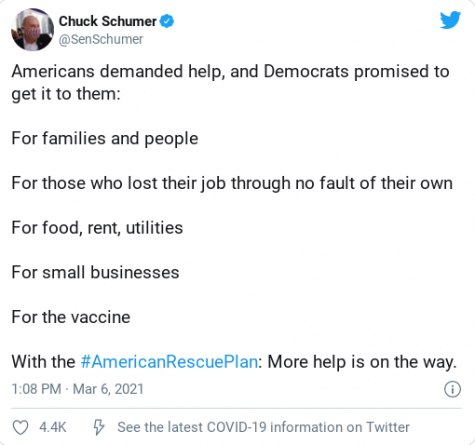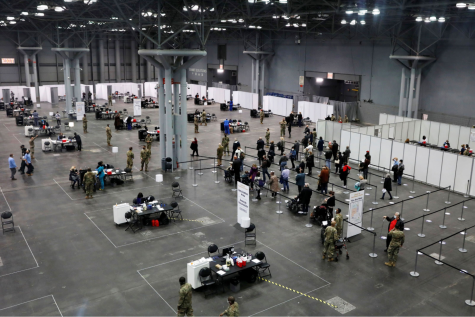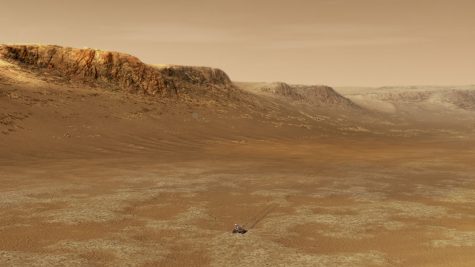Blockchain and Bitcoin: The Greatest Technological Advancement of the Twenty-First Century?
This past week, on February 14th, the World Affairs Breakfast Club was joined by Michael Mavrides, a hedge fund partner at the law firm Proskauer Rose LLP, who provided a partial introduction into a very complex topic — blockchain.
The conversation about blockchain and bitcoin has become increasingly prevalent in the financial and technology world, and Mavrides even claimed that, “The blockchain is going to change the world.” However, many people still don’t fully understand what blockchain actually is. Blockchain is essentially a digital ledger that keeps track of cryptocurrency transaction, namely bitcoin. There is a variety of types of blockchain, most notably bitcoin blockchain and ethereum blockchain.
Bitcoin blockchain, aka “the big one,” records all bitcoin transactions. This blockchain has specific, incorporated rules that eliminates the need for a middle man, because the computer itself is serving as the middleman. Mavrides used the example of transferring three bitcoins from one bank account to another. The computer first receives the request, and then transfers the money, in the form of bitcoin. The computer then verifies the exchange, and creates a permanent record of what happened. A main advantage of recording the bitcoin transaction is that no one can ever change the information, because every person on the blockchain has a copy of all deals and transfers of money. Another benefit of blockchain is the anonymity– if you’re on the blockchain, you’re automatically anonymous.
Mavrides then continued to address the issue of bitcoin mining. Bitcoin mining is essentially the process of verifying bitcoin transactions and adding to the blockchain. Anyone with access to the internet and acceptable hardware can participate in mining. In fact, bitcoin mining consumes more electricity a year than the entirety of Ireland, and also uses more than five times the output of Europe’s largest wind farm. First, the system sends a record to the miners of a bitcoin transaction. The miners then confirm that the transaction is not a fraud. In order to do this, the computer generates an incredibly difficult algebraic formula that the miners need to solve. These algebraic formulas need to be solved every ten minutes, so a block can be added to a blockchain. If blocks get added slower than every ten minutes, the computer creates an easier algebraic formula, and vice versa. However, the chance of fraud actually occuring is minimal to none. Mavrides explained that, “Here’s the beauty of the system– the delegation of power makes fraud incredibly difficult to achieve. A fraudster would need to take over around 51% of computer power.” The bitcoin universe is still also developing. As technology advances, so does blockchain. Mavrides furthered, “This is all grassroots. There are no developers– it’s like Wikipedia. It’s like Wikipedia without the editorial board.”
Ethereum blockchain is an entirely different story. Although ethereum also records transaction in Ether, an entirely new layer, composed of apps, can be added to the blockchain. Mavrides stated, “these apps on top of the Ethereum, I think, are going to change the world. These apps are private, so people can create their own blockchain. However, this is also where fraud occurs, as it’s less airtight than the bitcoin blockchain.” Ethereum also allows programmers and developers to build and launch their own decentralized blockchains.
Despite the numerous advantages of blockchain, its creation will most likely put many middle men out of business. Mavrides said, “If you’re a middleman business, you should be very worried about the next 5 to 10 years.” The future for blockchain ,and all people involved remains uncertain, but with the technological advancements of the modern era, there are definitely some consequential changes coming down the pipe. However, if you plan on getting rich off of blockchain, you might need to do some additional research.

